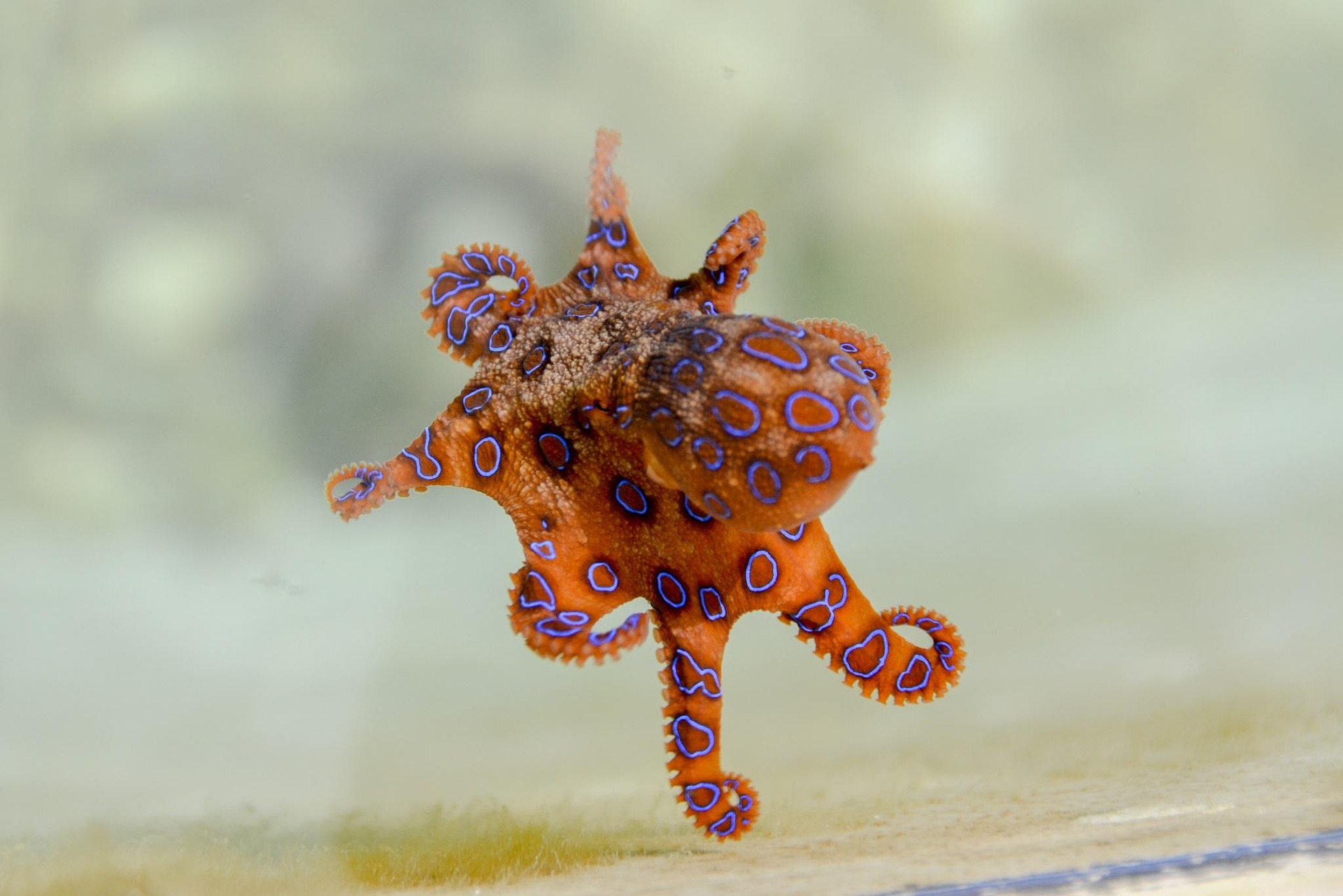Fascinating Facts about the Incredible Intelligence of Octopuses
When we think of intelligent animals, we often picture our favorite household pets like dogs or even wild creatures such as elephants or dolphins. However, one animal that frequently slips under the radar in these discussions is the octopus. In recent years, scientists have discovered startling evidence of the octopus's intelligence, challenging our understanding of cognition in invertebrates.
A Remarkable Invertebrate
Octopuses are a part of a class of animals known as cephalopods, which also include squids and cuttlefish. These creatures are mollusks, more closely related to snails than to other intelligent animals like dolphins or primates. Despite this fact, octopuses exhibit surprising cognitive abilities that rival those of many mammals.
In the late 20th century, scientists began to notice evidence of intelligence in octopuses. They observed the animals using tools, a behavior previously thought to be exclusive to higher mammals. For example, octopuses have been seen using coconut shells as shelters, demonstrating foresight and planning ability.
Current Observations and Discoveries
Research in the 21st century has only further cemented the octopus’s status as an intelligent creature. In a recent study, scientists found that octopuses can recognize human faces, an ability once thought to be limited to advanced mammals. Furthermore, octopuses have shown problem-solving abilities, easily escaping from enclosures and opening jars to retrieve food.
Even more astonishingly, some octopuses exhibit what appears to be play behavior. They’ve been observed manipulating objects in their environment purely for entertainment, a behavior typically associated with high cognitive functioning.
The Paradox of the Octopus’s Intelligence
The intelligence of octopuses is a scientific conundrum. Mammalian intelligence is often linked to social behavior. Many intelligent mammals, like dolphins and humans, live in complex social structures, which may drive the evolution of advanced cognitive abilities.
However, octopuses are mostly solitary creatures, leading scientists to question why they developed such impressive intelligence. Some theories suggest that the octopus’s predatory lifestyle and complex environment may have spurred the evolution of advanced cognition.
Implications for Pet Owners and the Pet Trade
The evidence of the octopus’s intelligence has important implications for the pet trade. While octopuses are increasingly popular as exotic pets, their advanced intelligence raises ethical questions about keeping them in captivity.
Octopuses require complex environments to thrive, and their problem-solving abilities can lead them to escape from inadequate enclosures. As such, potential octopus owners should be prepared to provide the necessary care and stimulation for these intelligent creatures.
In An Underappreciated Genius
In the grand scheme of the animal kingdom, the octopus stands out as a testament to the diversity of intelligence in nature. Their cognitive abilities challenge our understanding of animal minds, proving that intelligence comes in many forms. As we continue to uncover the secrets of the octopus’s intellect, we gain a deeper appreciation for these remarkable creatures.
In fostering this understanding, we are also reminded of our responsibility to treat all animals with respect and care, acknowledging their complex cognitive lives. From the household dog to the octopus in the ocean’s depths, the animal kingdom is full of surprises just waiting to be discovered.




